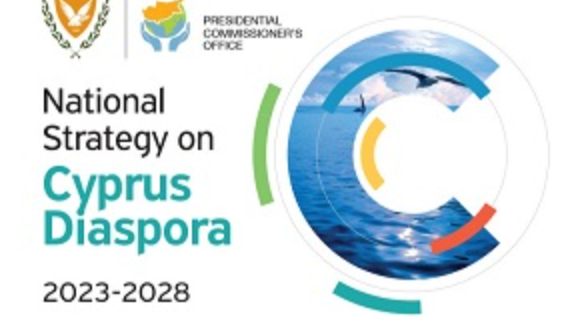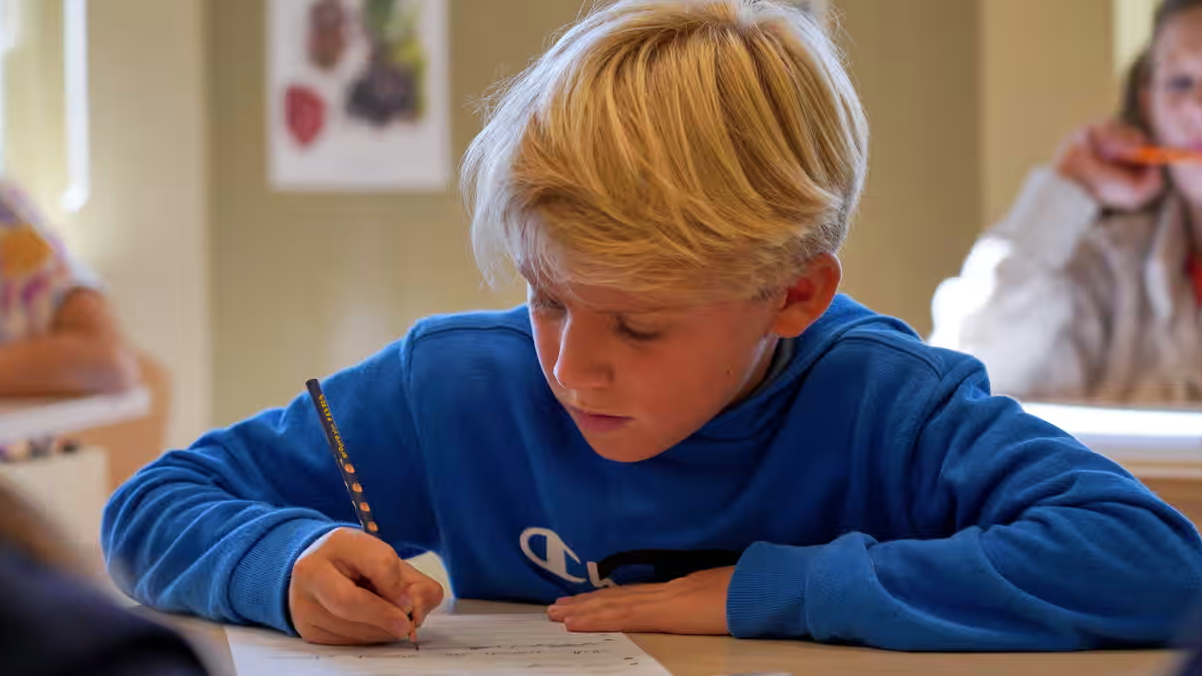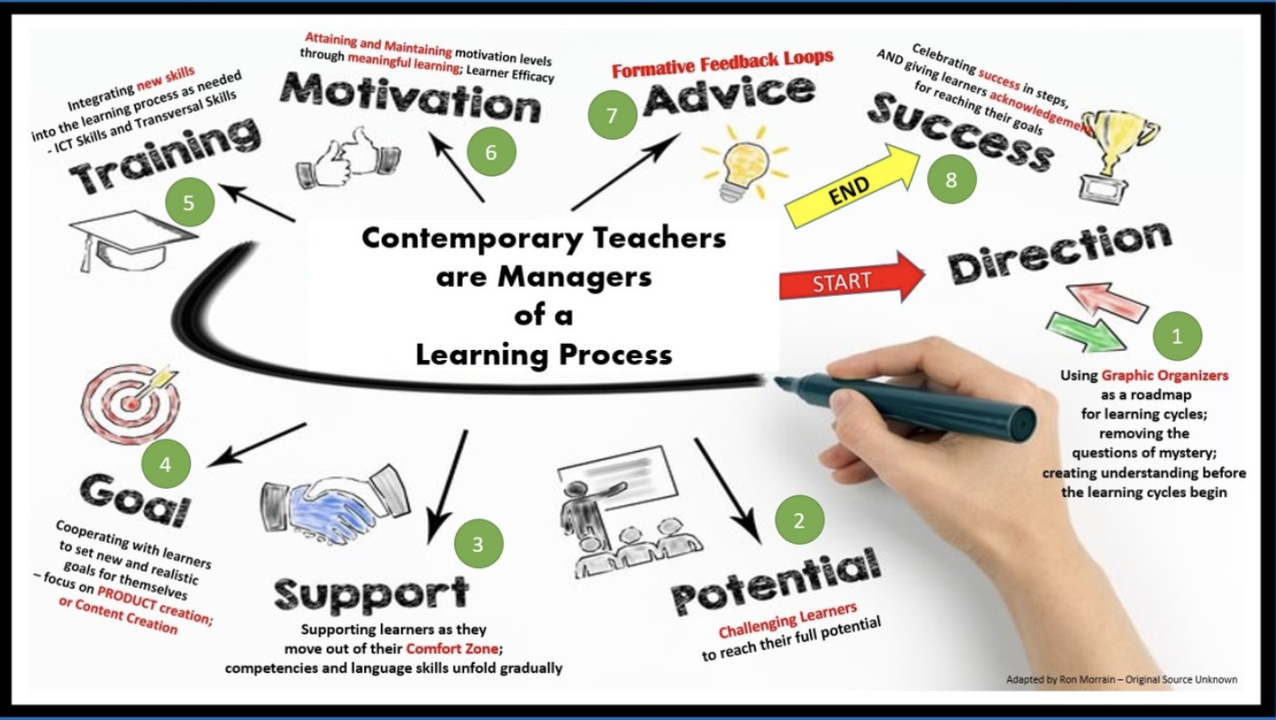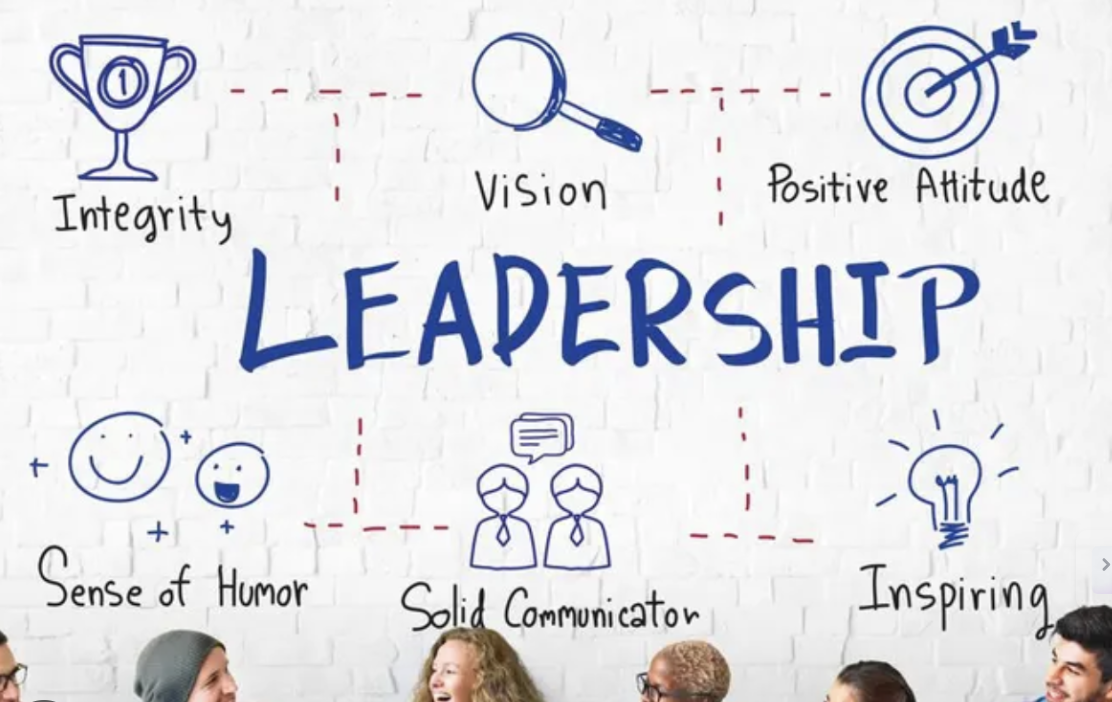The International Baccalaureate (IB) Diploma Programme and Advanced Placement (AP) courses are widely regarded as rigorous academic programs that challenge high school students. Each has its unique approach and structure: AP focuses on individual college-level courses in specific subjects, while the IB Diploma offers a comprehensive two-year program that emphasizes holistic education through academics, creativity, action, and service.
Exploring the IB Diploma and IPBL/CILM
In the realm of innovative education, a new framework is gaining attention: combining Inquiry/Project-Based Learning (IPBL) with a Capstone Intensive Learning Model (CILM). This approach stands in contrast to the well-established IB Diploma Programme.
Shared Philosophy: Student-Centered Learning
Both the IB Diploma and IPBL/CILM prioritize student-centered learning, emphasizing active engagement, inquiry, and critical thinking. The IB Diploma’s interdisciplinary focus, highlighted by courses such as Theory of Knowledge and Creativity, Action, Service (CAS), aligns closely with the IPBL/CILM’s emphasis on real-world application and experiential learning. Both models aim to develop well-rounded individuals equipped with strong critical thinking, communication, and research skills.
Key Differences
Capstone Approach: While both emphasize project-based learning, CILM distinguishes itself by integrating rigorous capstone projects throughout the learning journey, rather than concentrating them at the end. This approach provides a consistent and scaffolded method to develop research, problem-solving, and presentation skills. The IB Diploma also incorporates significant research projects, typically within specific courses or through the Extended Essay.
Focus on Passion: The IPBL/CILM framework places a strong emphasis on enabling students to pursue their passions through project-based learning. This encourages greater personalization and deeper engagement, fostering a sense of ownership and intrinsic motivation. While the IB Diploma offers flexibility through elective choices and individual projects, the CILM may provide more opportunities for students to explore their interests in depth.
Early Emphasis on Research: The CILM integrates research skills from the earliest grades, emphasizing “Question and Explore” as a foundational principle. This proactive approach aims to develop strong research habits early on, preparing students for the complexities of higher education and the demands of the 21st century. The IB Diploma also emphasizes research skills, but typically with a more pronounced focus in the later years of the program.
Addressing Potential Challenges
Teacher Training: Both frameworks require significant teacher training and professional development to effectively implement inquiry-based learning and support student-driven projects.
Assessment and Evaluation: Developing robust assessment methods beyond traditional tests and quizzes is crucial for both approaches. Authentic assessments that measure critical thinking, creativity, and problem-solving skills are essential.
Equity and Inclusion: Ensuring equitable access and support for all students, regardless of their background or learning style, is paramount. This may involve differentiated instruction, personalized learning plans, and providing appropriate resources and support for students with diverse needs.
Making the Decision
Choosing where to study programs like the IB Diploma or frameworks like IPBL/CILM largely depends on the school’s offerings and your personal preferences. Here’s a guide to help you navigate these choices:
International Baccalaureate (IB) Diploma Programme
The IB Diploma Programme is offered in many schools worldwide, from public institutions to private international schools. Notable options include:
- International Schools: Such as United World Colleges (UWC) and the International School of Geneva.
- National Schools: Many countries have schools that offer the IB Diploma within their education system, like the Singapore American School and American School in London.
Choices Students Need to Make:
- Subject Selection: Choose six subjects (three at Higher Level and three at Standard Level) that cover a broad range of disciplines.
- Extended Essay (EE): A research project that requires students to conduct independent research and write a 4,000-word paper on a topic of their choice.
- Theory of Knowledge (TOK): This course explores the nature of knowledge and encourages critical thinking across different disciplines.
- Creativity, Action, Service (CAS): Engage in various activities outside academics to foster personal growth.
IPBL/CILM (Inquiry/Project-Based Learning & Capstone Intensive Learning Model)
This innovative framework might not be as widely available as the IB, so students would need to look for specific schools or districts that have adopted this approach. Here are some options:
- Innovative Schools: Look for schools that emphasize project-based learning and capstone projects, such as High Tech High in the United States or schools within the Big Picture Learning network.
- Specialized Programs: Some educational institutions or districts may offer specialized programs focusing on IPBL and CILM principles.
Choices Students Need to Make:
- Project Topics: Select topics for capstone projects that align with their interests and passions.
- Research Focus: Develop strong research skills from an early stage and choose areas of inquiry that excite them.
- Capstone Projects: Engage in multiple capstone projects throughout their education, building upon their research and problem-solving skills progressively.
Conclusion
The IPBL/CILM framework and the IB Diploma Programme share a commitment to student-centered learning and the development of essential 21st-century skills. However, they differ in their approach to capstone projects, emphasis on student passion, and integration of research skills throughout the learning journey. By understanding these key distinctions, educators and families can make informed decisions about the most suitable educational path for each individual student.
This article provides a comparative overview and is not intended as a comprehensive analysis of either the IPBL/CILM framework or the IB Diploma Programme.
I hope you found this analysis insightful! Feel free to share your thoughts or reach out for further discussions.








